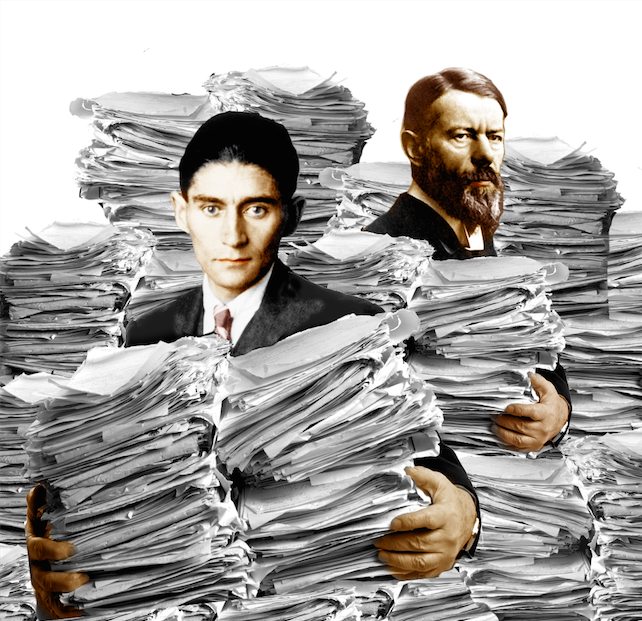Americans struggling to get back to work find a frustrating barrier is a licensing board. Of course we should have some licenses; few of us would want to be operated on By Dr. Nick Riviera, famed on “The Simpsons” for offering to perform any operation for only $129.98. But in far too many professions, the license is an unnecessary barrier that prevents qualified people from getting work and makes life more complicated for people with jobs.
For example, the District of Columbia is planning to require all personal trainers in Washington to be certified. Are they doing this as a result of customers complaining? No, says Washington Post reporter Aaron C. Davis. The debate over whether or not a personal trainer can be certified is yet another consequence of Obamacare, as the Affordable Care Act says that for personal trainers to get reimbursed by insurance companies, they have to be certified by somebody. So the District of Columbia’s Department of Physical Therapy is trying to implement regulations.
Brodie Butland, who is associated with the Starting Strength personal training program, explains that a basic principle should be that “government licensing requirements should not be imposed unless there is an actual, serious problem in a profession.” He notes that people who lift weights in gyms suffer 0.035 injuries for every 100 hours they lift weights, compared to 6.2 injuries for every 100 hours for soccer, and 1.03 injuries for 100 hours of basketball players. He notes that a 2010 investigation by a committee of the California State Senate found “there is not a substantial body of data highlighting serious harm or injury stemming from services offered by personal trainers in California.”
However, two good reports from two unlikely sources provide additional evidence of the harm caused by excessive licensing.
If I told you that the White House, in July, issued a report that praised Milton Friedman and the Cato Institute, you might not believe me. I’m amazed that this report on occupational licensing (which includes contributions from the Treasury Department and the Department of Labor) came out from the Obama Administration. Maybe they had their staff retreat in Colorado, and spent a lot of time deeply inhaling that sweet Rocky Mountain air. But nonetheless the administration deserves credit for this report.
Licensing is done by the states, and requirements vary widely from state to state. There are 1,100 different professions licensed in America, but only 60 are licensed by every state. Requirements also vary. Michigan requires security guards to have thee years of education, while no other state requires more than eight months.
Who is hurt by burdensome licensing requirements? Military spouses have to move frequently from state to state and licenses aren’t easily transferred. Immigrants find licensing boards produce impenetrable requirements. People with any criminal conviction may find themselves perpetually barred from a licensed profession, even if the license has nothing to do with the crime. Ex-prisoners also have to wait up to a year for a decision from a licensing board, forcing them to be idle even as they struggle to re-enter the labor force.
But the primary victims of licenses are the poor. One study found that dental visits cost 9-11 percent higher in states with tight requirements for licensing hygienists than states with looser requirements. A 2012 report from the state of New York found that 95 percent of the people in court for eviction notices or consumer debt cases weren’t represented by lawyers because they couldn’t afford them. New York State bars lower-cost paralegals from representing the poor in these routine cases.
The White House also calls for sensible deregulatory reforms. States could do a better job in recognizing other state’s licenses. One of the largest deregulatory moves in licensing is the Nurse Licensure Pact, in which 25 states recognize other state’s licenses. A performance bond might be a better way to resolve a consumer dispute than a license. The report commends North Carolina and Maine for having strong sunsetting rules that have checked the growth of licenses in these states.
In January, the Hamilton Project, a branch of Brookings, issued a comprehensive report by University of Minnesota economist Morris M. Kleiner about the problems caused by excessive licensing requirements. He notes that the state of Michigan requires athletic trainers to have nearly 1,600 hours of experience—while emergency medical technicians in that state need less than 40 hours of practice to get a license.
Kleiner’s paper has a great deal of solid reporting about how bad the licensing problem is today. He breaks down the number of jobs in each state where a license is required. (The worst is Iowa, where one-third of the jobs in that state require a license.) Kleiner also suggests we can learn from European successes in licensing deregulation. The champion deregulator is Poland, which announced it would abolish licensing requirements for 250 of the 380 professions currently being licensed in that state.
One very easy way to make sure that more people work is to make it easier for the unemployed to enter the labor force. As these reports from the White House and Brookings shows, one simple, effective, and nonpartisan way to do this is to eliminate licensing barriers that fail cost-benefit tests.
(Hat tip: Sam Fleming, Financial Times)







What better way to protect the establishment than by requiring licensing?
Licenses to cut hair and give manicures? Puuhhhlleeease!